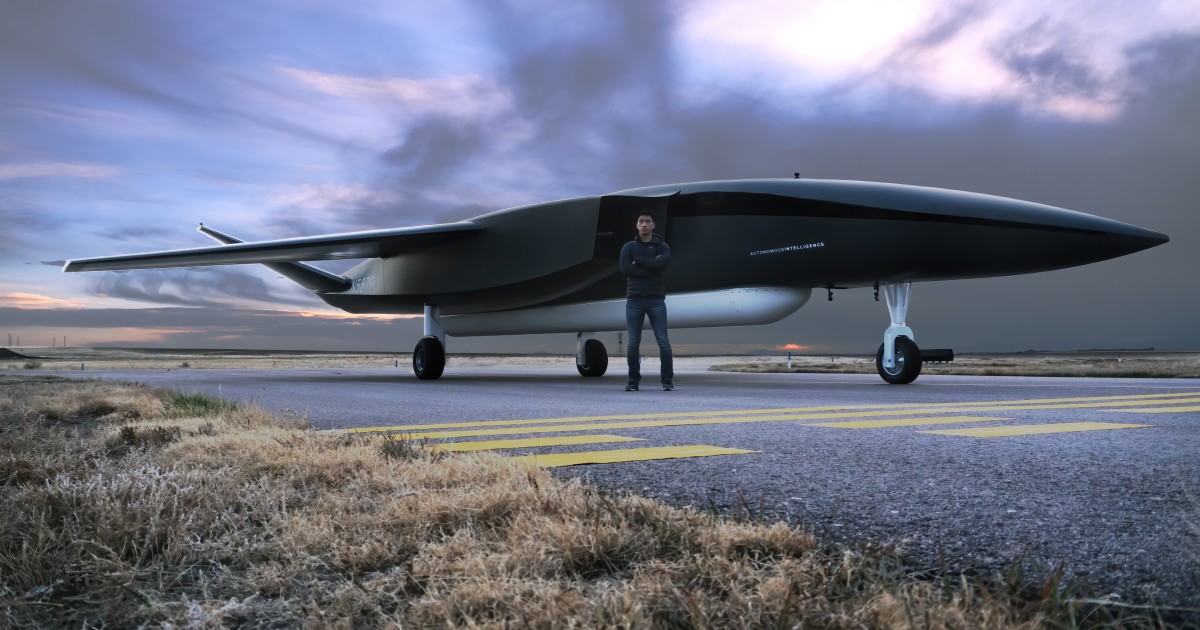
Engineered Arts, a robot maker based in the U.K., is showing off its latest creation at this year's CES 2022. Called Ameca, the robot is able to display what appears to be the most human-like facial expressions by a robot to date.

The new chip has 127 "qubits", twice as many as the previous IBM processor. The company called its new Eagle processor "a key milestone on the path towards practical quantum computation".

The device can be switched between its two states a trillion times a second, which is up to 1,000 times faster than today's leading commercial transistors.

A research group have now developed a system of holograms of people using “aerohaptics”, creating feelings of touch with jets of air. In time you could meet a virtual avatar of a colleague and really feel their handshake.

China unveiled on Tuesday a homegrown magnetic levitation train capable of reaching 600 kph, the fastest train ever built by the country.

A prototype version of the Speeder, a jet turbine-powered flying motorcycle, has aced its first flight test. The machine, built by California-based Jetpack Aviation, could eventually reach top speeds of over 480 km/h.

A team of Dutch researchers reports realization of the first multi-node quantum network, connecting three quantum processors. Their findings mark an important milestone towards the future quantum internet.

Another baby step toward melding mind and machine - a team of researchers has helped people with paralysis to send full-spectrum brain signals to computers wirelessly for the first time ever.

Singapore scientists have developed a plant communication device that delivers electrical signals to and from plants. By monitoring the plants’ electrical signals, we may detect possible distress signals and abnormalities.

Scientists begin building highly accurate digital twin of our planet to map climate development and extreme events as accurately as possible in space and time. This would enable to tests different scenarios.

Australian scientists and Microsoft Corporation invented a single chip that can generate control signals for thousands of qubits, when the world’s biggest quantum computers currently operate with just 50 or so qubits.

The KSTAR, a superconducting fusion device also known as the Korean artificial sun, set the new world record as it succeeded in maintaining the high temperature plasma for 20 seconds with an ion t over 100 mil degrees.

US-based firm Aevum has unveiled a massive drone called the Ravn X that is designed to act as an autonomous, airborne launch system for small satellites.

The future of work may look a lot like science fiction in a few years as advances in augmented and virtual reality as well as 5G and 6G wireless technologies revolutionize the way we interact with one another digitally.

Physicists report the development of a quantum algorithm with the potential to study a class of many-electron quantums system using quantum computers.